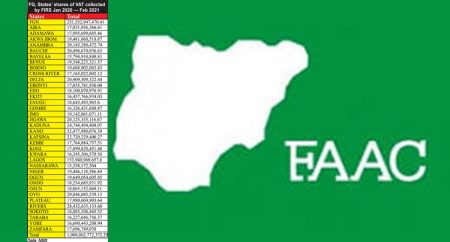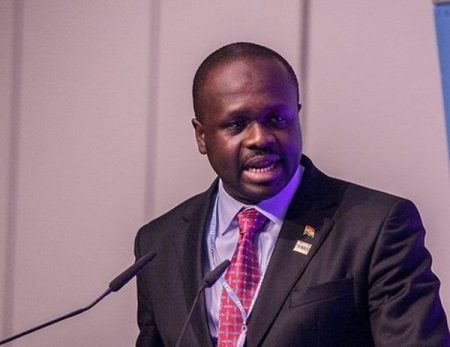Ghana’s National Tripartite Committee (NTC), comprising representatives from government, organized labor, and employers, has announced a 10% increase in the National Daily Minimum Wage (NDMW) effective March 1, 2025. This adjustment raises the NDMW from GHS18.15 to GHS19.97, representing a monthly increase of GHS599.10 for workers paid on a 30-day basis. The decision, reached after extensive deliberations in Accra on February 20, 2025, follows the legal framework established under Section 113 (1) (a) of the Labour Act, 2003 (Act 651). The NTC’s decision considered a complex interplay of factors, including the prevailing economic challenges, the rising cost of living, the need to maintain business viability, and the overarching goal of stimulating employment growth within the country.
The NTC emphasized the importance of compliance with the new wage rate. All establishments, institutions, and organizations are legally obligated to adjust their minimum wage structures to reflect the increase by March 1, 2025. Failure to comply will result in legal sanctions against non-compliant entities. The Committee underlined its commitment to enforcing the revised NDMW and ensuring that minimum wage earners benefit from the adjustment. This proactive approach aims to protect vulnerable workers and promote fair labor practices across the country.
Recognizing the potential impact of taxes on the net income of minimum wage earners, the NTC further recommended that the 2025 NDMW be exempted from taxation. This proposed tax relief aims to cushion the impact of the rising cost of living and maximize the real income gains for workers earning the minimum wage. By shielding the increased minimum wage from taxation, the NTC seeks to ensure that the intended benefits are fully realized by the target group.
The 2025 minimum wage increase follows a previous adjustment on January 1, 2024, when the NDMW was raised to GHS18.15. This consistent upward revision reflects a commitment by the NTC to address the evolving economic landscape and ensure that the minimum wage remains relevant and provides a basic standard of living for Ghanaian workers. The regular reviews and adjustments demonstrate a proactive approach to wage setting, taking into account both the needs of workers and the sustainability of businesses.
The NTC’s decision is expected to have a significant impact on the lives of low-wage earners in Ghana. The increased minimum wage offers a crucial financial buffer against rising living costs, helping to maintain purchasing power and improve living standards for those at the lower end of the income spectrum. This move is anticipated to contribute to poverty reduction efforts and enhance economic well-being for a substantial segment of the Ghanaian workforce.
The NTC’s commitment to a balanced approach, considering both worker welfare and business sustainability, is crucial for the long-term health of Ghana’s economy. By striving to maintain a viable minimum wage that safeguards workers without unduly burdening businesses, the NTC aims to foster a stable and equitable labor market conducive to economic growth and development. This collaborative approach involving government, labor, and employers underscores the shared responsibility in ensuring a just and prosperous economy for all Ghanaians.














